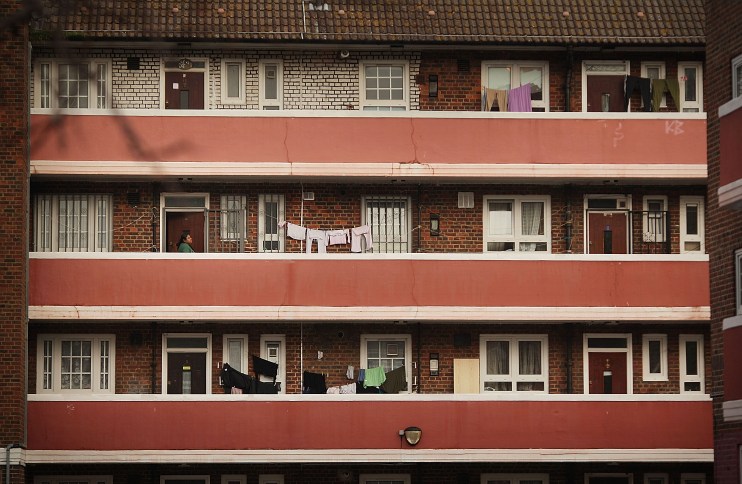UK recession lurks around corner as thousands face extreme poverty without more support

A recession in the UK is just around the corner and the economy will stay in the doldrums without a major policy overhaul, a top think tank warned today.
Britain’s economy will contract in the third and fourth quarters of this year, meeting the grade for a technical recession, the National Institute of Economic and Social Research (NIESR) said in fresh forecasts.
The alert adds to the string of recent glum projections, with the Bank of England last week predicting the UK will tip into a slow-burning recession over the course of this and next year.
Households are expected to cool spending in response to tax hikes and soaring energy prices delivering a 2.4 per cent hit to their living standards, with the poorest absorbing the worst shock, weighing on overall growth.
The NIESR downgraded their 2022 growth projections 1.4 percentage points to 3.5 per cent.
Worryingly, expansion will “slow even by the standards of recent history” in the coming years, halting to 0.8 per cent and 0.9 per cent in 2023 and 2024 respectively, the think tank said.
Inflation will stay above the Bank’s two per cent target “well into 2024,” Professor Jagjit Chadha, director of the NIESR, said.
The Bank expects the cost of living to top 10 per cent this October, the highest rate since the early 1980s, prompting it to raise rates in its last four meetings to a 13-year high of one per cent.
A muddled government approach to the economy since the financial crisis has led to monetary policy taking the strain of underperforming growth through keeping rates persistently lower than they should have been, the think tank said.
Chancellor Rishi Sunak needs to set out an emergency budget to provide more support for households to avoid long-term scarring to the economy.
Returning to parliament “could lead to better outcomes for households this year but also faster growth in productivity in future, which would in turn help future governments respond to rising fiscal demands,” the NIESR said.
London will house the greatest proportion and absolute number of households whose food and energy bills will top their disposable income.
Without further measures to cushion the cost of living crunch, a further 250,000 Brits will drop into extreme poverty, taking the total to 1m.
Some 11.3m households in the bottom half of the income distribution are set to lose around £4.2bn more than those on average incomes this year.
Sunak should use the benefits system as the main vehicle to channel support as it targets the poorest, NIESR said.
The organisation said a £25 uplift to universal credit between May and October would cost £1.35bn. For the whole year, the bill would be £2.85bn.
The government has around £10bn of fiscal headroom left over after taking into account the energy bill loan, council tax rebate and other measures announced at March’s spring statement.
Sunak did raise the threshold at which workers start paying national insurance to £12,570, which will benefit the poorest in proportional terms.
However, a 1.25 percentage point national insurance increase, “combined with the freezing of income tax thresholds, has had the effect of squeezing incomes,” NIESR said.
The NIESR also called on the government to reshape the tax regime to incentivise investment to boost productivity and long-term growth.
A Treasury spokesperson told City A.M.: “We’ve had a strong economic recovery from the pandemic which has put us in a good position to deal with the global challenges we are facing.”
“But these are anxious times and while we can’t shield people entirely, we are taking action through support worth over £22 billion this financial year. This includes a tax cut of over £330 a year for the typical employee, lowering the Universal Credit taper rate to help people keep more of the money they earn, and providing millions of households with up to £350 each to help with rising energy bills.”
“Public debt is at the highest levels since the 1960s and rising inflation is pushing up our debt interest costs, which means we must manage public finances sustainably to avoid saddling future generations with further debt.”